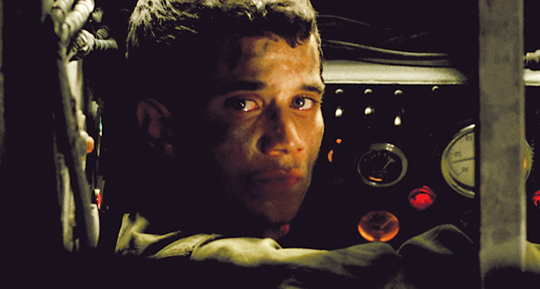
Cinema-goers all around the globe, but especially in the United States, are suckers for war movies. They tend to capture the audience’s imaginary with feats of bravery from courageous soldiers, or horrific scenes of violence that make us question the morality of going to war, even when it seems necessary. Regardless of the point of view, though, war movies that fly under the radar are more the exception than the rule.
That’s why it was difficult to compile this list of the great war movies no one really talks about. Going beyond the “Saving Private Ryan”’s and “The Thin Red Line”’s of the world can be quite a challenging proposition, especially because those movies are so damn good.
The resulting list is filled with a few early 2000’s forgotten films, some foreign offerings, at least one especially gut-wrenching documentary, and even underseen works from acclaimed filmmakers like Jean-Jacques Annaud, Brian De Palma and Werner Herzog.
If war movies are your thing, suffice to say these movies will satisfy you. Check it out:
10. Enemy at the Gates (Jean-Jacques Annaud, 2001)
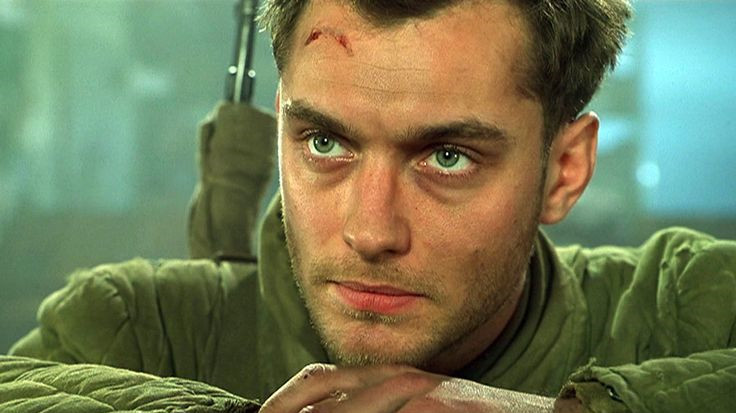
Only Jean-Jacques Annaud, the man behind “Quest for Fire” and “The Name of The Rose,” could turn a sniper vs. sniper World War II epic into a tragic love story played out on the frontlines of the Battle of Stalingrad.
Jude Law and Joseph Fiennes are on the same side of the war, but are at odds when it comes to Rachel Weisz, a soldier they both fall in love with. Add Ed Harris as a rival sniper coming to liquidate Law’s expert Russian marksman, and you’ve got a masterpiece of tension and unusually realistic warfare.
The best quality of “Enemy at the Gates” is the way it portrays the drawn-out nature of a big war battle and the human relationships that develop within it, amongst the devastated scenery of a bombed-out city.
Making good use of all the tricks on his book, Annaud crafts an intelligent and underappreciated film (a common trait to the relegated latter part of his filmography, honestly). With appropriately high-strung performances by a quartet of great actors, “Enemy at the Gates” is more than worth a watch.
9. Triage (Danis Tanovic, 2009)
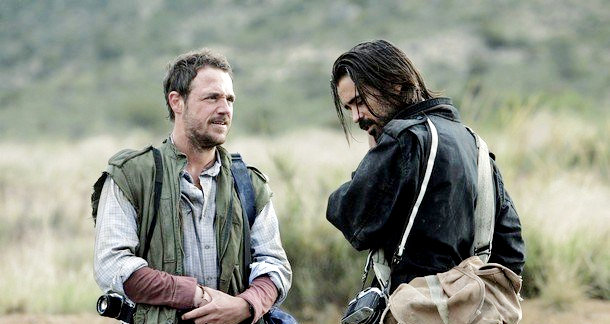
After winning the Best Foreign Language Film Oscar in 2002 for “No Man’s Land,” Danis Tanovic was co-opted by Hollywood to write and direct “Triage,” which was released with minimum impact in 2009.
It’s a shame that this scathing drama has gone largely unseen since then, because it expertly examines post-traumatic stress as it pertains to lead character Mark (Colin Farrell), a war photographer coming back from Kurdistan, a conflict that may have impacted him more than he lets on. When his girlfriend, Elena (Paz Vega) asks for help from her grandfather (the great Christopher Lee), a psychologist and war veteran, things start to unravel.
“Triage” is the flipside of many war movies focused on conflict, rather than the effect of it on people’s psyches. As we get to know Mark and his defensive simulation of a carefree attitude, we figure out that detachment regularly acts as a poor substitute for the direct confrontation of the violence and trauma that people who’ve been to wars go through.
“Triage” doesn’t let the spectator off the hook, and it isn’t a particularly optimistic film either, but it finds some hope for recovery, if never complete, in the complex relationships of its dysfunctional family unit. Plus, it’s just such a pleasure to see Christopher Lee playing a part that deserves his greatness.
8. Stop-Loss (Kimberly Peirce, 2008)
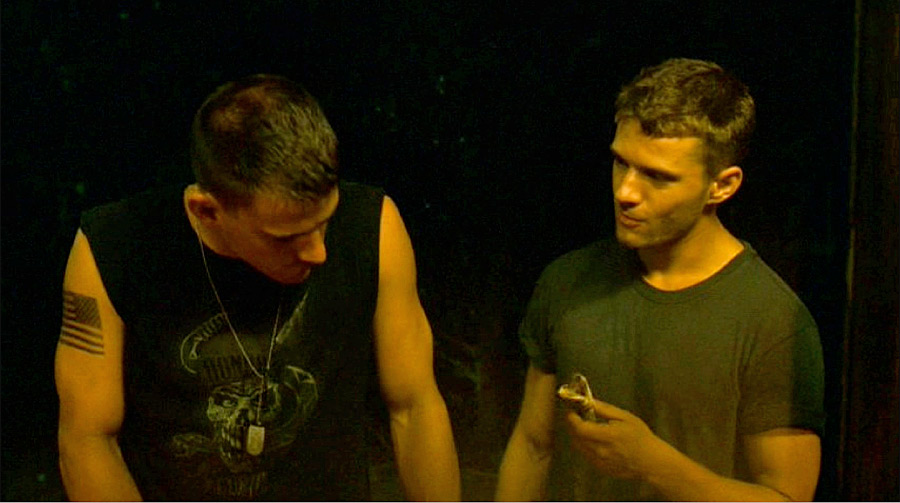
The fact that Kimberly Peirce only got to direct another movie nine years after her stunning debut with “Boys Don’t Cry” speaks to the difficulties female filmmakers face when trying to establish themselves in Hollywood.
Said sophomore effort, “Stop-Loss,” is a testament to her stunning talent: it tells the story of young Sergeant Brandon King (Ryan Phillippe), who returns home a decorated war hero and tries to resume his life, with many difficulties, until he’s called back to Iraq for a life-altering second tour.
A harrowing and realistic drama co-written by Peirce and Mark Richard (“Hell on Wheels”), “Stop-Loss” is very precise in the way it examines the culture of war in the United States and the way the same acts that are celebrated and condecorated for their bravery can haunt soldiers for the rest of their lives.
With a great young cast that also includes Channing Tatum, Joseph Gordon-Levitt and Rob Brown, “Stop-Loss” feels like an important, vivid film even now, 10 years removed from the height of the American occupation in Iraq. A film that stands the test of time like that definitely deserved more praise than it got.
7. Tae Guk Gi: The Brotherhood of War (Je-gyu Kang, 2004)
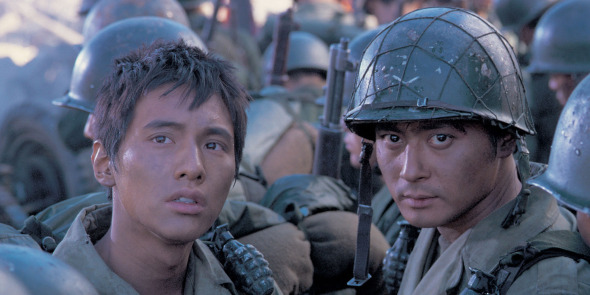
This heartrending South Korean filmic take on the Korean war is a must-see if you’re sick and tired of America-centric war movies about conflicts that are not primarily American.
It tells the story of two brothers, the older Jin-tae (Dong-Gun Jang) and the younger Jin-seok (Bin Won), who are drafted to fight on the frontlines of the war. Trying to get his brother relieved from duty (a superior officer promises to do so if he gets a medal), Jin-tae becomes a true daredevil in the battlefield, but the unexpected tension between them, not the adrenaline kicks, are what makes Kang’s film really worth watching.
“Tae Guk Gi: The Brotherhood of War” is about families being torn apart by war, not about the morality or ethics of each side of this particular conflict. It reaches impressive emotional depth in its examination of the brothers’ relationship, and it memorably portrays the family’s everyday life before the war as a stark contrast to what comes next. Clocking in at 140 minutes, it’s as epic as any Hollywood war movie, with an added layer of novelty, genuinity and emotion.
6. Courage Under Fire (Edward Zwick, 1996)
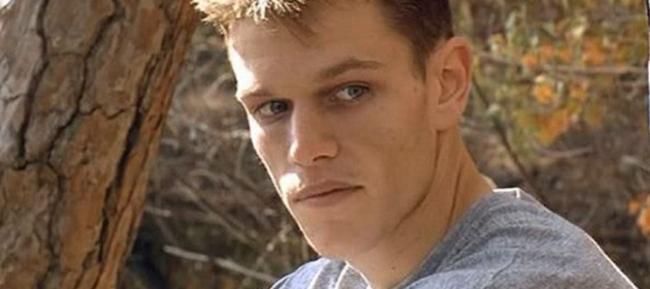
Have you ever caught yourself thinking, “You know what, Meg Ryan should play a military captain who dies protecting her crew”? No? Neither have I, but Edward Zwick still made the right call by casting a surprisingly great Ryan in “Courage Under Fire,” his brilliant post-Gulf War drama.
And before you say anything, Ryan’s character dying is no spoiler – we know she did from the get go, as the film follows Nat Serling (Denzel Washington) investigating her in the process of determining if she deserves a posthumous Medal of Honor.
Serling uncovers a great many lies about what really happened to the tripulation of that particular chopper during Desert Storm, as you can imagine, and we accompany different versions of it all in unreliable flashbacks throughout the tightly structured movie.
Zwick not only orchestrates the action sequences perfectly, but also highlights Patrick Sheane Duncan’s script thoughtful exploration of post-traumatic stress and the scars of the Gulf War. The war epic that time forgot, “Courage Under Fire” deserves to be rediscovered.